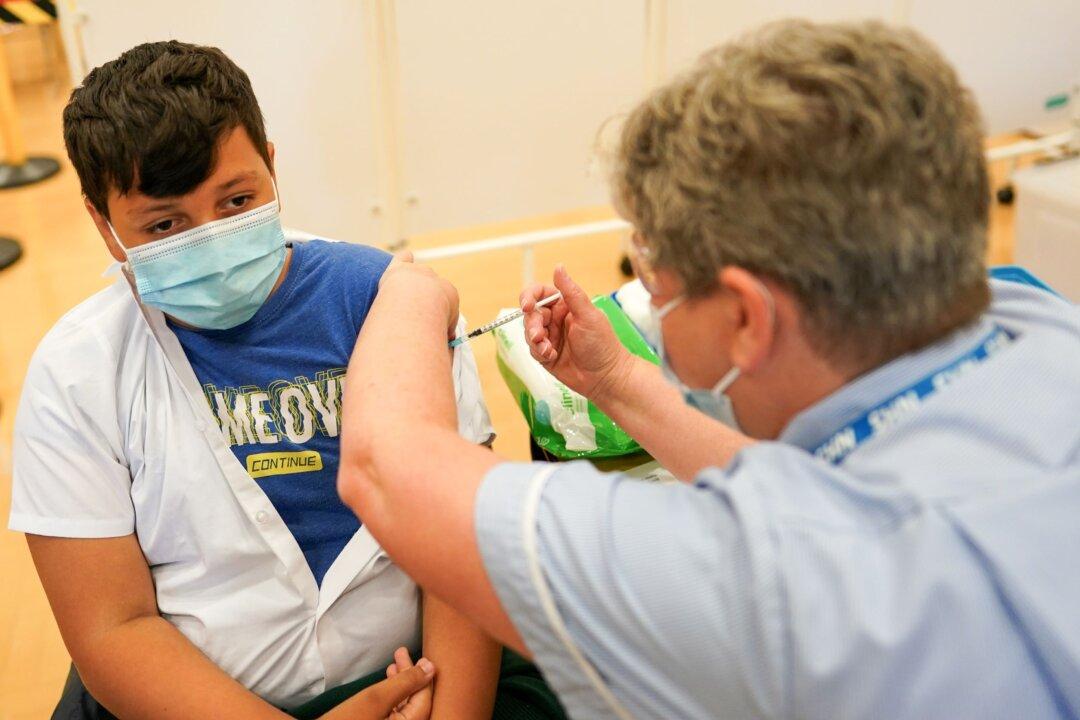It is a “waste of time” to keep vaccinating people against the CCP (Chinese Communist Party) virus, the former chairman of Britain’s Vaccines Taskforce has said.
Dr. Clive Dix, who played a key role in helping pharmaceutical firms create the COVID-19 vaccines, told LBC radio on Jan. 16: “The Omicron variant is a relatively mild virus. And to just keep vaccinating people and thinking of doing it again to protect the population is, in my view, now a waste of time.”





